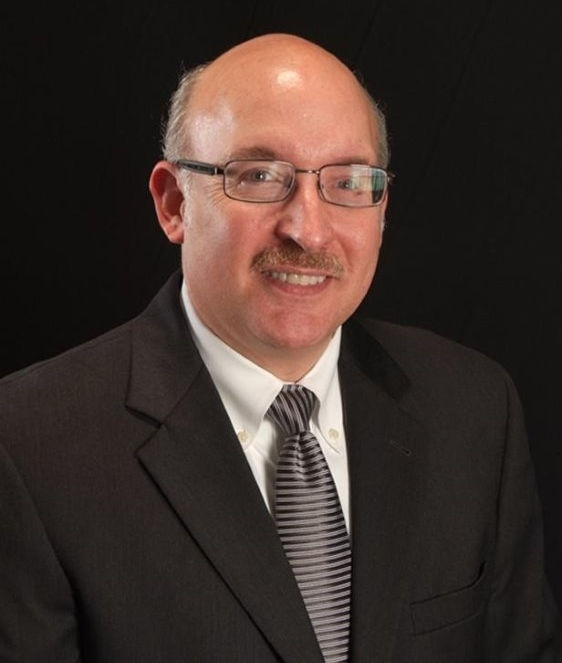March 3, 2023 - Brad Young of Harris, Dowell, Fisher & Young, LC

In February, the Missouri Labor and Industrial Relations Commission reached a decision in the case of Rodney Battles v. Heptacore. This decision an instructive primer on how to effectively use surveillance video.
FACTS
Here, the claimant was a 41 year old construction worker with only a high school education. He injured his low back in an admittedly compensable claim, eventually undergoing 2 level lumbar fusion surgery. He never returned to work and continued to take high levels of pain medication through the date of trial 4 years later.
The treating physician, Dr. Crane, concluded that claimant was at maximum medical improvement and suffered permanent partial disability of 8% of the body. Claimant’s expert, Dr. Volarich, provided a rating of 60% of the body and testified that claimant was permanently and totally disabled. Claimant also retained a vocational expert who testified that claimant was unemployable in the open labor market.
SURVEILLANCE
Employer/Insurer obtained video surveillance showing the claimant driving, going up and down stairs, riding a motorcycle, grocery shopping, lifting groceries, mowing the yard, and doing other activities that exceeded both the results of the Functional Capacity Evaluation and the restrictions given by Dr. Volarich.
AWARD
Claimant demanded permanent total disability (PTD), but the Administrative Law Judge (ALJ) awarded only 20% of the body. Claimant appealed and the Industrial Commission affirmed the PPD award (but it awarded a small additional amount for unpaid medical care).
In the award from the ALJ (adopted by the Commission), surveillance made the difference in the value of the award (20% of the body vs. PTD). Here, the award states:
“I find that Claimant is not a credible witness. I reviewed all the surveillance videos. Those videos show Claimant engaging in physical activity entirely inconsistent with his testimony. The videos refute the statements Claimant made to his treating physicians and the IME doctors...When a medical expert bases their opinion upon an incomplete or incorrect history, the opinion is suspect and entitled to little weight. It is clear that most of the physicians and other experts did not review the surveillance videos. Their opinions must be viewed as inaccurate or incomplete if they did not review the videos or relied on subjective statements from Claimant.”
PRACTICE POINTS
Surveillance won this claim for the employer/insurer, but surveillance doesn’t win every claim. Why? In order for surveillance to be effective, it should only be ordered to answer a question.
If you have a problem claim and order surveillance as a “Hail Mary” attempt to find something, that surveillance is most likely going to fail to produce anything useful because it wasn’t designed to answer a question.
However, for example, if you have a doctor who provides restrictions of no lifting more than 25 pounds, you can use surveillance to answer this question - - “Is the claimant exceeding his lifting restriction of 25 pounds?” That is a question that surveillance can answer.
“Is the claimant driving when he claims he cannot drive?” That is another question that surveillance can answer.
I only recommend surveillance in situations where we have objective restrictions from a doctor, and then use the surveillance video to prove that the claimant can and does exceed those restrictions. Surveillance is great for that, but surveillance cannot be a magic bullet to try to rescue a troublesome claim.
If you have any questions or any claims where you are considering whether or not to proceed with surveillance, please let me know. I’m happy to help at byoung@harrisdowell.com.

Comments